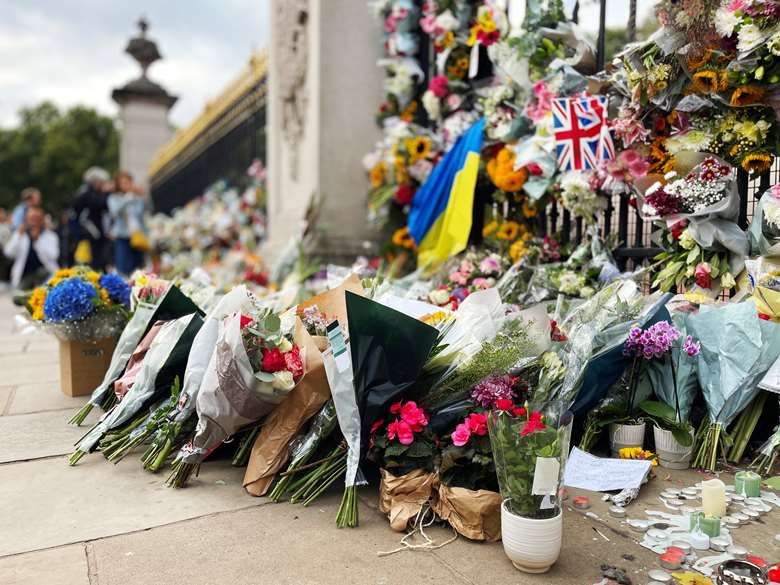The Long View | Feeling Royal Peculiar
Andrew Mellor
Wednesday, October 19, 2022
The Queen’s funeral was unspeakably moving, but deeply confusing for us fashionable, creative types who like to rail against hierarchy

Every time there’s a royal wedding or funeral on the horizon, I claim zero interest. I fashionably declare that I’ll be descaling the kettle during the ceremony and scoff at anyone shallow enough to be hoodwinked by such flummery. Fast forward to the actual event, and I’m glued to it: hooked, moved, overwhelmed, probably a little changed.
Thus it was at the funeral of Queen Elizabeth II last month. I was working in a café near my home (it wasn’t a bank holiday where I live), when a social media post pointing towards a live stream of the event prompted me to open a tab. ‘I’ll just have it in the background’, I told myself. 20 minutes later I’d packed up and gone home to watch it on the big telly.
Why am I in such denial about my relationship with the British royal family, whose very existence I claim not to support? This is a question I consistently struggle to answer. One possible response is that I don’t, in fact, believe in the monarchy – it’s just the music that gets me, guv. That checks out. I adore seeing English choirs, facing each other from matching lamp-lit choir stalls with their high reading desks, spooling out music founded on a sensual internal tussle between expression and repression. That was my own musical foundation and I pine for it now more than ever.
But it must be more complicated than that. I can listen to a freshly posted Choral Evensong online any time I like. If I’m such a principled republican, how can I abide all the pageantry, fawning and anti-egalitarian glory that is laid over the top of all the music at these events?
In the last few days, I’ve concluded that my republicanism might be on shaky ground. It was well-established originally – egged on by my politics, by the arts community’s very strong line in anti-establishment virtue signalling and by the fact that any creative process urges you to reject existing orders. It was even partially upheld in the last few weeks by seeing a senior member of the royal family at the heart of all the pomp who had recently paid off a woman who claims he sexually assaulted her when she was young.
Watching the funeral in the moment, none of that quite seemed to stand up to the fact that this was an extraordinarily beautiful and bonding event – the only live nationwide television broadcast of the last decade that had been, in musical and creative terms, utterly exquisite from choral blend to camera angles. There were no token celebrities wheeled out because they won a talent show or have a new album out. Does it sound prissy and snobby to say, that as a classical music community, we do pretty well at that sort of thing too? That those bits of our world that remain steadfastly unfashionable and disconnected probably have some value?
Scanning social media, I was surprised to see how many people I consider ‘like me’ (I know…yuck) were also moved by the funeral and internment services – by which I mean the actual ceremonies, more than what was literally happening in them (my time working as an organist immunized me to feeling grief at the funerals of people I didn’t know). Perhaps it was simply the slowness, the spaciousness of the services that stood in such marked contrast to the frenetic manner of every other television broadcast we see these days, with the possible exception of cricket.
That might just be the central paradox of the classical music community. We espouse the qualities of soulfulness, reflection and deep emotional engagement that can seem more present in a crusty old state church than in the smash-and-grab world around us. The royal funeral was one of the only national broadcasts in living memory where classical music was presented as functionally indispensable, with no need for presenters to explain it to us or sell it to us.
I may never reconcile my aesthetic royalism with my moral republicanism. Maybe that’s a contradiction I’ll learn to live with. As an industry, meanwhile, we insist on our modernity, our fashionable viability, our sincere engagement in tech and with the ‘big’ issues – as we must – while appearing to exist in an entirely different spiritual age. Maybe that’s our great strength. Who, really, knows what the new era will look and sound like? Royal funerals, at least, will sound like they have for centuries.




